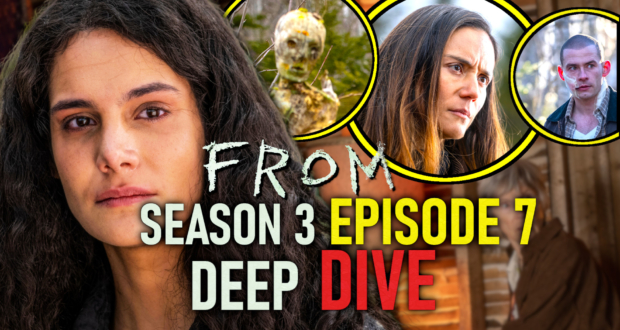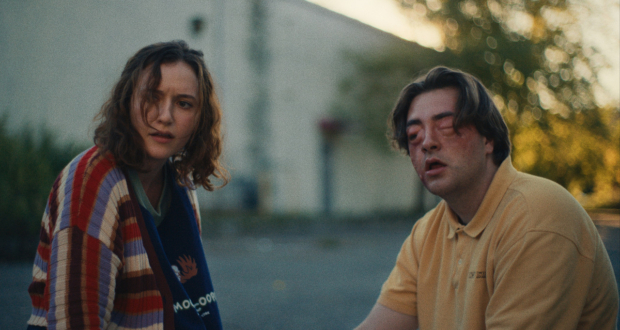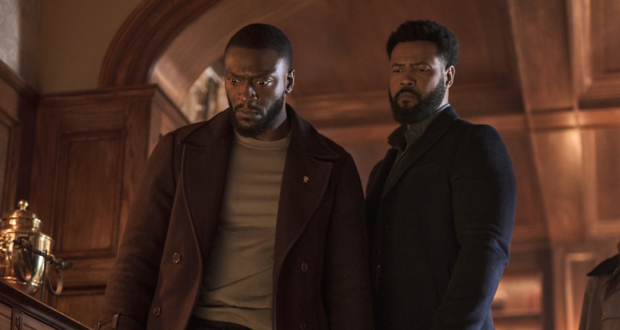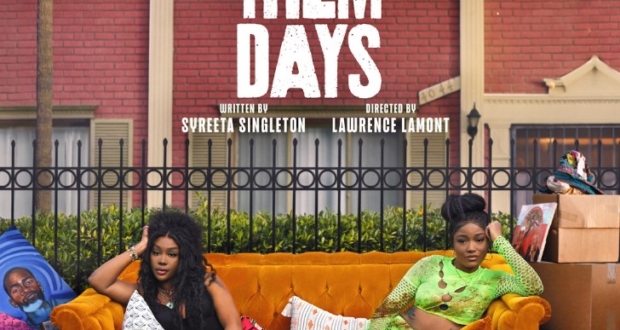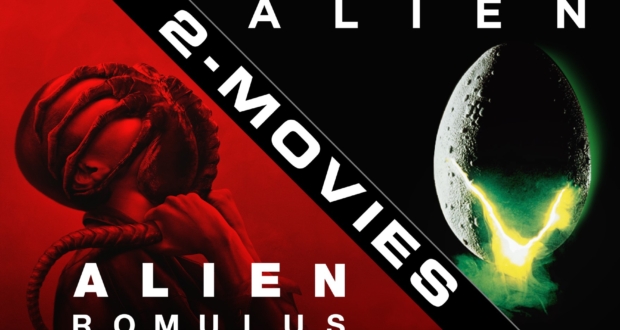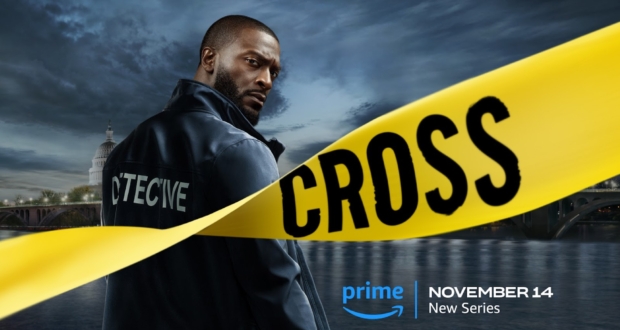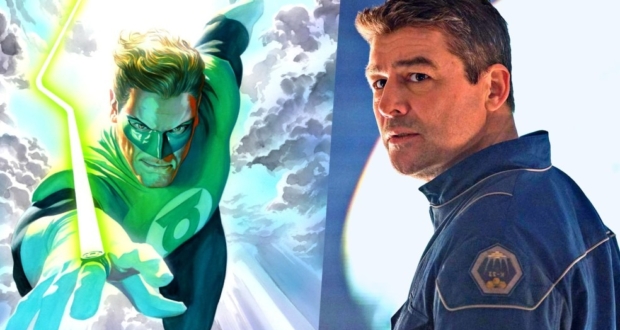One of the highlights at the SXSW Film Festival was watching NPR – Fresh Air film critic David Edelstein interview Don Cheadle inside the Austin Convention Center. They had a splendid conversation as they recalled his expansive and diverse career which included Devil in Blue Dress, Boogie Nights, Out of Sight, Traffic, Hotel Rwanda, The Guard, Talk To Me, even Volcano.
Don Cheadle reflected to the diverse audience about his career, what lead him up to making Miles Ahead. He mentioned early in his career that he would be waiting for TV pilot season or theater to start back up to initially get by. He wanted to be where the work was. He started his production company with former managers and agents he has known for over thirty years.
Cheadle knows not to be complacent as an actor always seeking to find that next role or project. Hollywood isn’t an industry where you sit idle hoping opportunities come to you.
“At any time in this business, it retires from you and you don’t retire from it,” he said. “You don’t know when that’s going to happen. That’s one of the reasons why I wanted to produce really for job security and really put together the projects and TV shows that I really had an interest in as opposed to holding my hand out waiting for someone to hand you something.”
Getting to the external elements of Miles Davis was a way for Cheadle to get the internal truth. Sure Cheadle learned to play the trumpet, tap dance, or twirl a gun in Miles Ahead. However studying the details of Miles Davis projects authenticity.
“I think it is the combination of things,” he said. “If you haven’t done the work to understand what sort of person makes them tick, their psychology, from the inside out, their background, their circumstances and where they are coming from, you can put on whatever suit you want but it’s not going to fill it out. ”
Cheadle mentioned subtle ways to address racial issues with historical context within his movies. Scenes in Miles Ahead showcased police brutality and snide racially insensitive comments from white people.
In asked what directors inspired him, he mentioned Steven Soderbergh as a great director to work alongside. He told different stories involving shooting Traffic especially the minor details that made significant difference as well as the camaraderie on the set of Oceans 12.
“He showed me a lot about temperament and about just trusting the process and also being able to call audibles all day long.”
He continued to admire the commanding the set and trusting the acting that he hired to do the job.
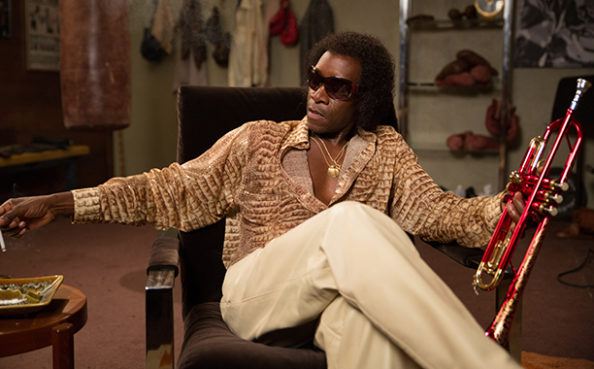
Don mentioned how people who had played Miles Davis or those who knew him thought he should do a movie.
“I had done so many biopics at that point and I was not looking to do another one,” he said. “And then Miles Davis was inducted to the Rock n Roll Hall of Fame in 2006 and they were interviewing his family and his nephew Vince Wilburn and he was asked if they were going to do a movie about his life and he said ‘Yea, Don Cheadle is going to star.’”
This got the ball rolling and they pitched ideas to him that would be a crazy movie. He was a fan of the musician and wanted to stray away from the traditional, stale biopic.
“I’ve been a fan of his music since I was ten and that’s really the way I got into it,” he said. “I wanted to make a movie that Miles Davis wanted to be in, not a movie that was necessarily about Miles Davis.”
When the family processed Don Cheadles idea, they were on board and knew he was the right person for the movie.
“But it came apparent pretty quickly that the only way it was going to get it done was if I played the part. If I did it. It was my vision and my take on the story so I had to do it. So we embarked on trying to find a home for it. We were able to take this poetic license and use what inspired me the most about this man and his music and his career and his creativity and take a very creative approach to the storytelling.”
The process of the writing the screenplay took a different approach when it came to plot and storytelling. Cheadle referenced the obscure but beloved early 1990’s Belgium movie Toto le Héros (Toto The Hero) as stylisitic inspiration for bringing Miles Ahead from his head to paper and ultimately to the screen.
“One of the films that we looked at a lot was Toto the hero and the way that it all felt like it was one story going forward even though there were three or four different story lines that were happening in that film. It never felt like flashbacks really at all. It felt like the present moment needed to reflect on something. And you didn’t come back to that moment like a traditional flashback would. The story was constantly moving forward.”
Channeling him in musical number He wanted them to follow their own instincts about what this is. Don Cheadle knew that being in the directors chair, he had the sensibility to approach this from a pragmatic perspective of what actors prefer.
“I know what actors want to and don’t want to hear,” I think one of the traps for directors often is where they know where they want someone to get or a place where they want them to arrive at and their direction can often be very result oriented. And you end up giving actors directions that stiffen them, because what they are ultimately doing is show you the result that you told them you wanted to achieve.”
When Edelstein mentioned why Hollywood doesn’t think in terms of niche, Cheadle explained economics being a factor for the risk of financing niche programming.
“It may not be a monolithic perspective, he said. “I imagine it is all about economics and mostly it has to do with those kinds of gambles where you cannot tell yourself through the metrics that you are looking that you have a guarantee of maximizing your return to films you don’t know how to market so if you have people that are in departments that don’t know how to talk to those niche audiences, how do you get it out there?”
Miles Ahead had successful multiple SXSW screenings during the film festival. It expands across the country this weekend. See it so Hollywood knows that there is a demand for niche movies.

